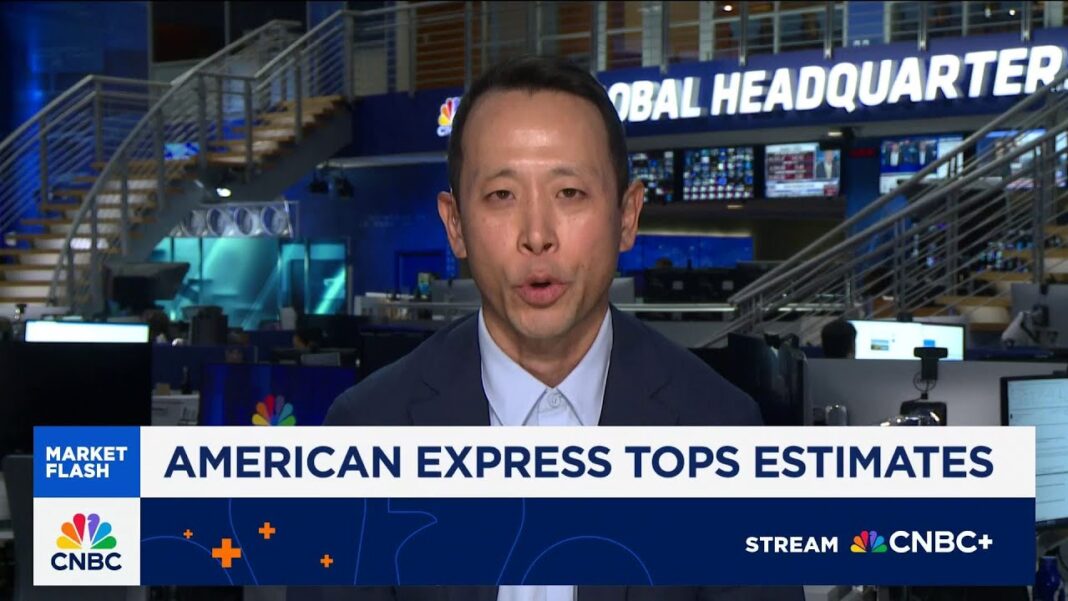The election is occurring against the backdrop of an imminent trade negotiation deadline with the United States.
Japan’s ruling coalition is on course to lose its majority in the upper house, according to exit polls from the July 20 election.
After forfeiting control of the more powerful lower house last October, Prime Minister Shigeru Ishiba faces an uncertain future if his coalition loses Sunday’s ballot. Additionally, the voting is taking place against an imminent Aug. 1 trade negotiation deadline with the United States.
In an election where half the seats are open, Ishiba’s Liberal Democratic Party (LDP) and its coalition partner Komeito need 50 seats to maintain a majority in the 248-seat upper chamber. They are projected to win 32 to 51 seats, according to an exit poll by public broadcaster NHK.
The ruling coalition is forecast by other broadcasters to retain 41–43 seats. If the party secures fewer than 46 seats, it will be their worst election result since forming the coalition in 1999.
The coalition had its worst performance in 15 years in last October’s lower house election, leaving Ishiba’s administration open to motions of no-confidence and calls for leadership change within his party.
Exit polls showed opposition parties that advocated for tax cuts and stricter immigration policies on course to make gains, particularly as increasing prices, especially on staples such as rice, became a critical issue for voters.
“The LDP was largely playing defense in this election, being on the wrong side of a key voter issue,” said David Boling, a director at consulting firm Eurasia Group.
“Polls show that most households want a cut to the consumption tax to address inflation, something that the LDP opposes. Opposition parties seized on it and hammered that message home.”
The party has been championing fiscal restraint, especially with a shaky bond market that worries investors about Japan’s ability to refinance the biggest chunk of debt in the world.
Japan, the world’s fourth-largest economy, also faces a looming deadline in almost two weeks to strike a trade deal with the United States or see steep tariffs on its exports to America, its largest export market.
By Jacob Burg







